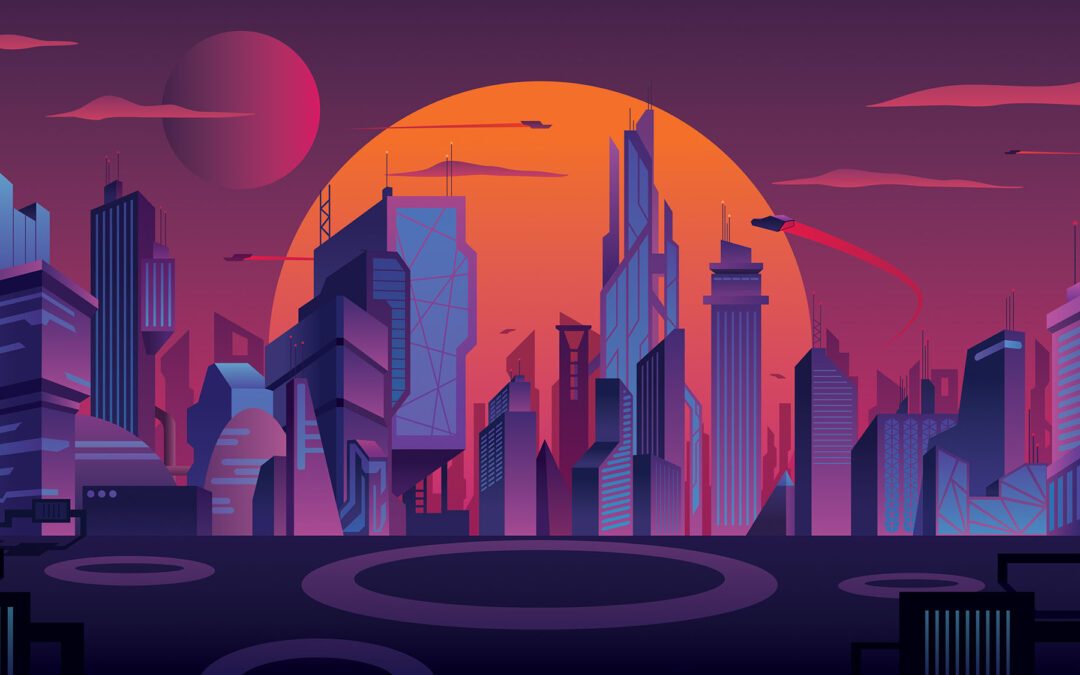
by bartmann | Mar 12, 2025
This course focuses on East European, Russian, and Soviet science fiction and fantasy, with readings drawn from the nineteenth century through the present. We will discuss these works as both anchored in their particular cultural-historical circumstances and also for...
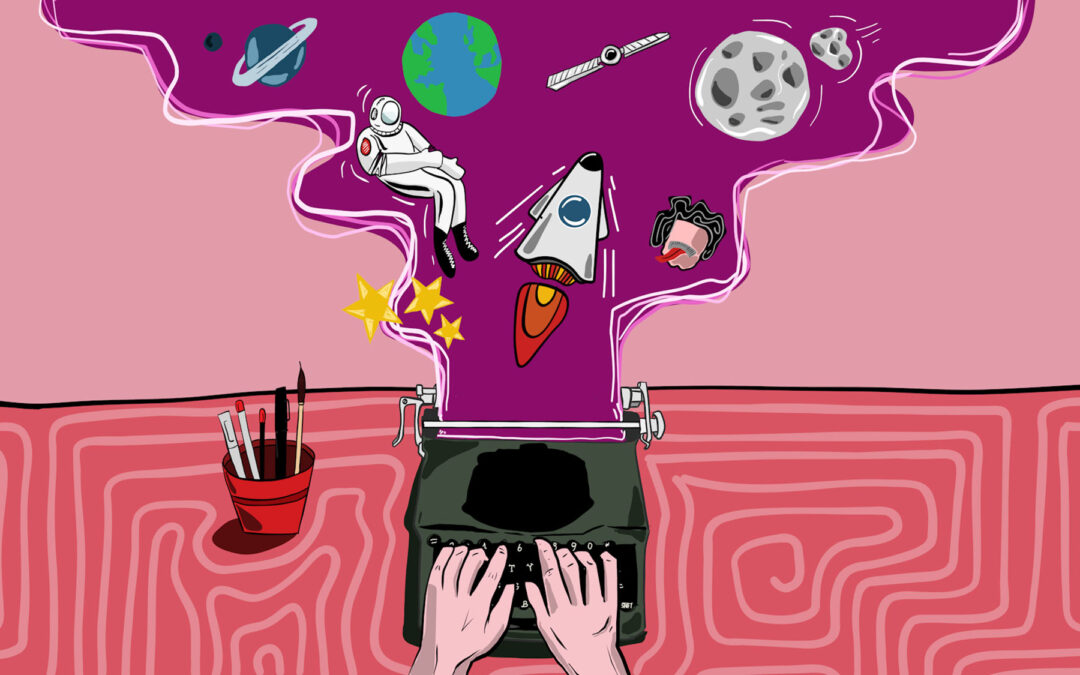
by bartmann | Mar 12, 2025
The short story is a meticulously structured literary form that requires discipline in its plot and structure. In science fiction, this format pushes boundaries by integrating groundbreaking scientific and technological advancements crucial to the narrative. This...
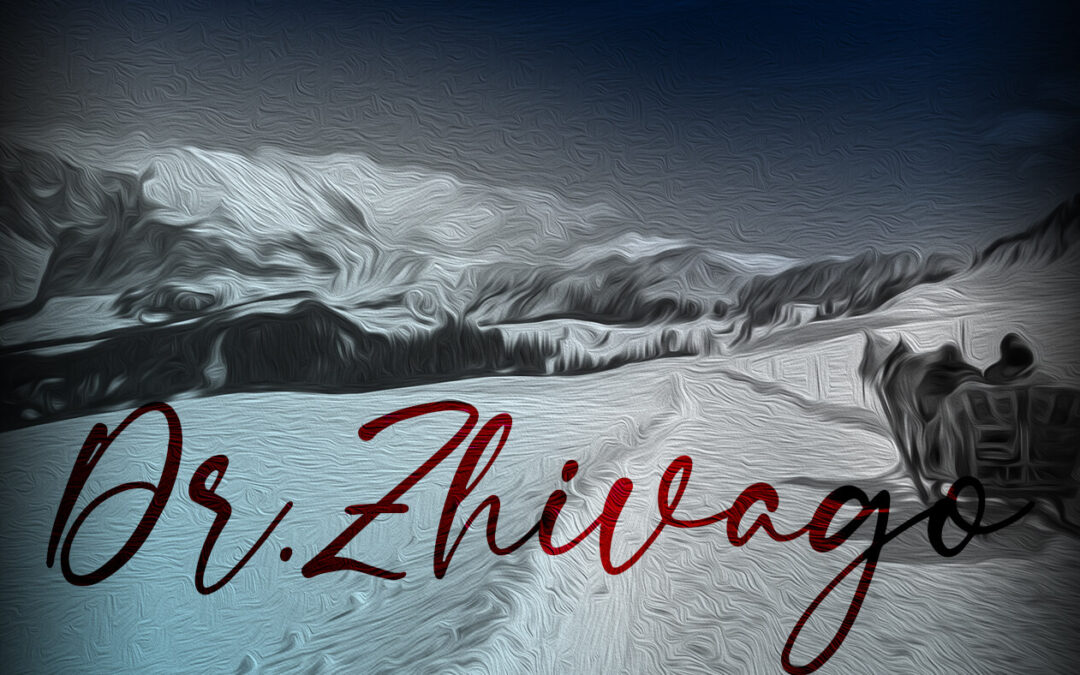
by bartmann | Mar 12, 2025
Russia has never gotten Pasternak’s Dr. Zhivago out of its system. This course will take us deep into the most controversial novel written during the Soviet era. Tolstoyan in its sweep, Dr. Zhivago is a stunning indictment of the system that attempted to engineer...
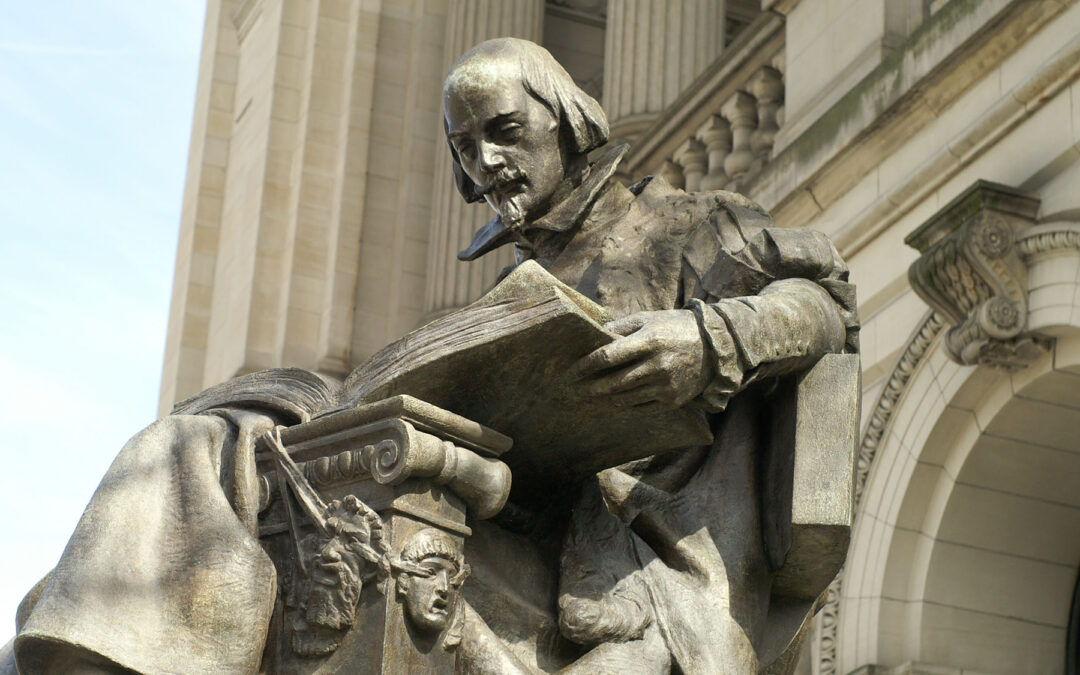
by bartmann | Oct 10, 2024
Unlike comedy and tragedy, the history play was a recent form when Shakespeare turned to it. Depending on the play’s historical sources, the plot could follow either a tragic or a comic pattern and conclude either in resolution and triumph or in conflict and defeat....
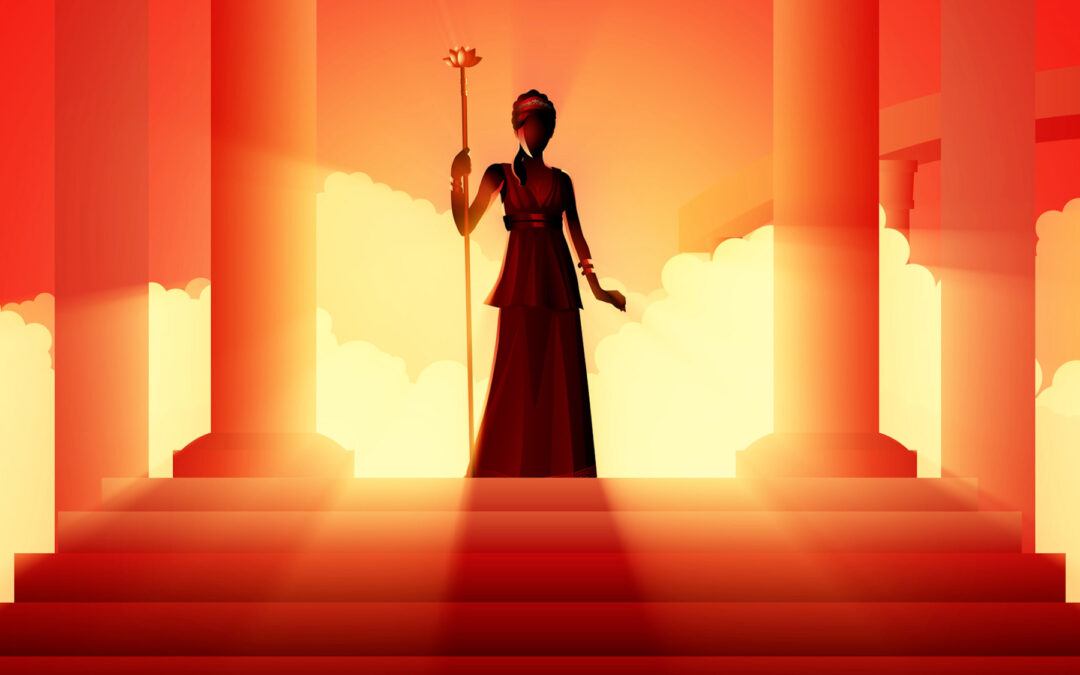
by bartmann | Oct 10, 2024
This course will explore four contemporary novels by four women authors inspired by Homer’s two great epics The Iliad and The Odyssey. Inheriting an almost 3000-year-old literary legacy, the last 25 years have seen an astonishing profusion of Homer-inspired creative...
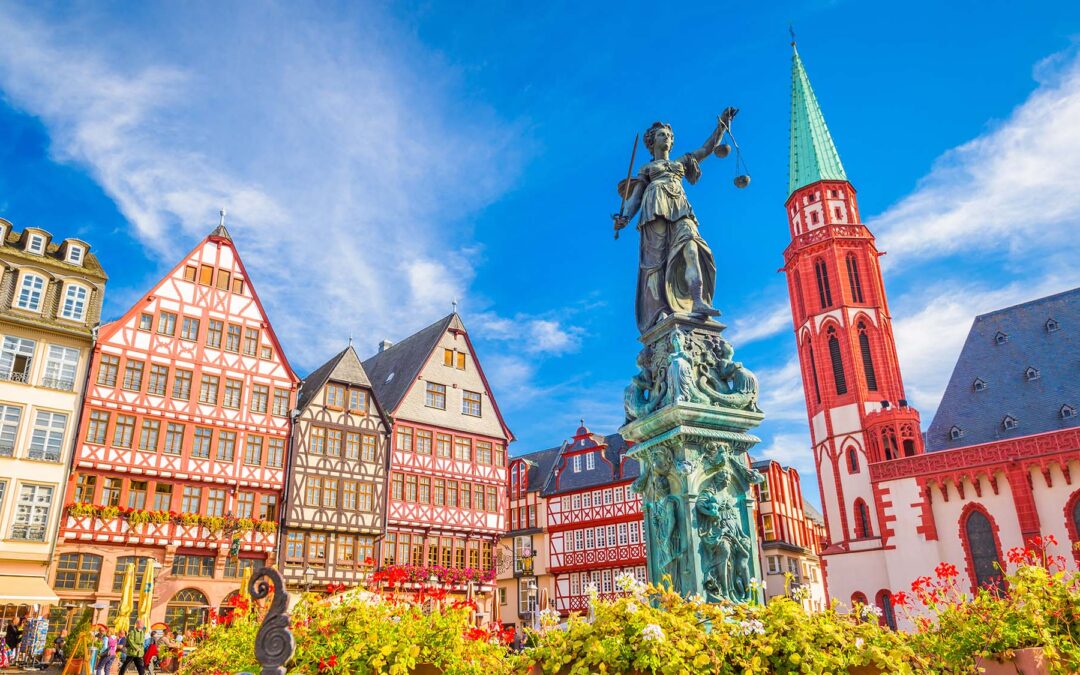
by bartmann | Oct 10, 2024
This seminar will be taught by several professors in the Department of German Studies. Classes will focus on areas of each professor’s expertise and range from the Middle Ages to contemporary German literature, culture, and language. Key topics include medieval...
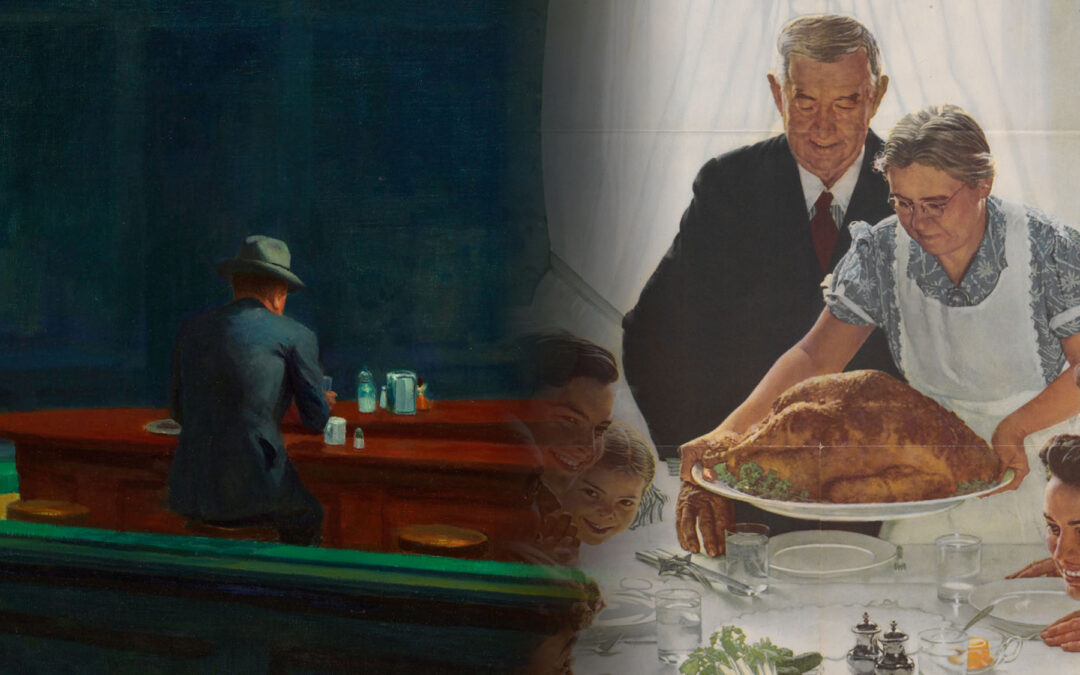
by bartmann | Oct 10, 2024
This course delves into the divergent perspectives of America as depicted by Edward Hopper and Norman Rockwell. Rockwell captures the nation’s warmth and unity, while Hopper exposes its solitude. We will examine how their portrayals of color, class, and gender...
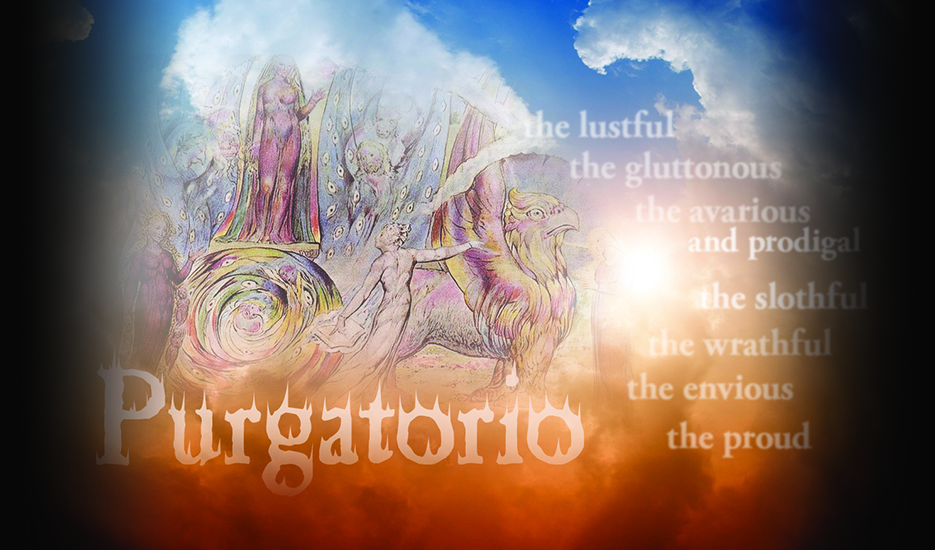
by bartmann | Apr 4, 2024
Dante’s Purgatorio, as is well known, is not a standalone text; it is simply the second part of The Divine Comedy. In this course we will deal with Dante’s views on redemption and salvation as represented in his Purgatorio. Our focus will be the nature of sin: How it...
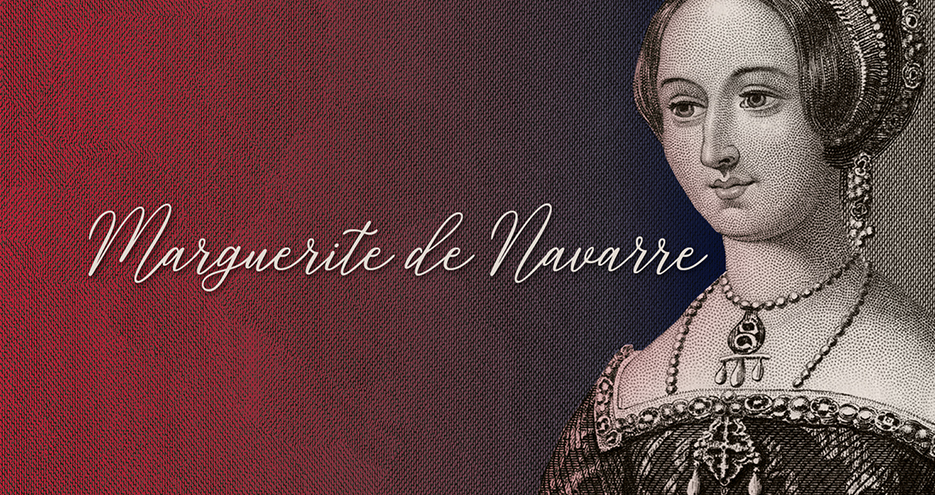
by bartmann | Apr 4, 2024
This course will focus on Marguerite de Navarre’s Heptaméron, a collection of putatively “true” stories inspired by Boccaccio’s Decameron. Composed in the 1540s, the entertaining Heptaméron is puzzling on several counts. That the Queen of Navarre, sister of King...
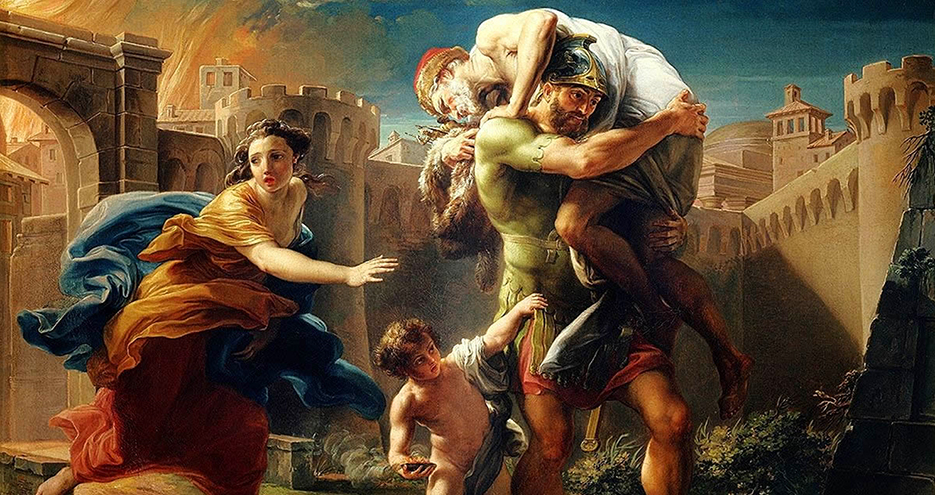
by bartmann | Apr 4, 2024
This seminar examines Virgil’s Aeneid as well as the pivotal and turbulent context that led to its creation. The course begins with an introduction to the political turmoil that encompassed the fall of the Roman Republic and Octavian’s rise to power as Augustus...
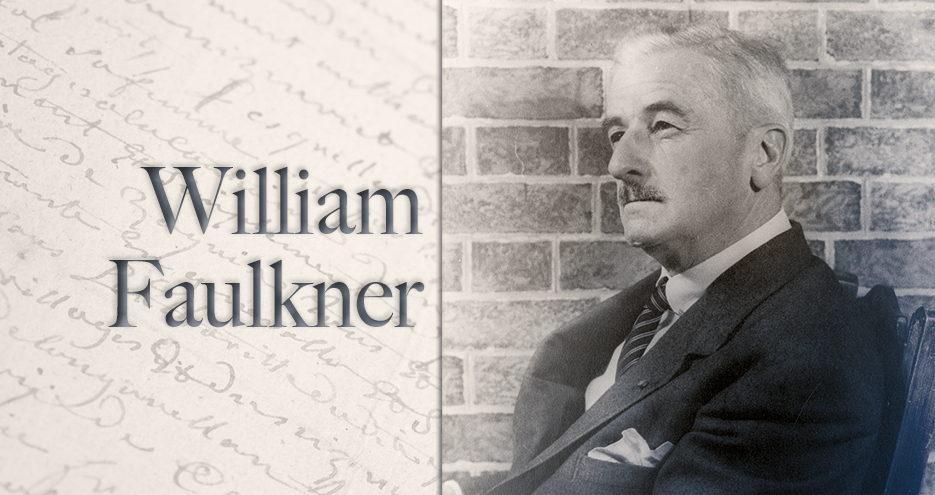
by bartmann | Apr 4, 2024
In this course, we will focus on learning to read three of Faulkner’s most celebrated novels: The Sound and the Fury (1929), Light in August (1932), and Absalom, Absalom! (1936). “Learning to read,” means learning to analyze, interpret, and enjoy. We will ask...

by bartmann | Apr 4, 2024
“No person ever steps in the same river twice, for it’s not the same river and he/she is not the same person.” If this is the human condition according to Heraclitus, what remains permanent in the midst of change? This course will explore the twin themes of...

by bartmann | Apr 4, 2024
What makes Russian literature so Russian? This course will take us through two of the best-known Russian classics—Tolstoy’s Anna Karenina and Dostoevsky’s The Brothers Karamazov—as well as Turgenev’s little-known Sportsman’s Sketches as we uncover the world of...

by bartmann | Apr 4, 2024
African American literature has engaged consistently with the relationship between being black and being American. W. E. B. DuBois asked if that was even possible. Many writers and artists believed that control of representations of black Americans through art would...

by bartmann | Apr 4, 2024
Homer’s sublime epics, Iliad and Odyssey, fire the imagination. We’ll explore how these stories develop from an ancient prequel to modern sequels. Homer’s poetic tradition harkens back to the Mesopotamian Epic of Gilgamesh: the part-divine conflicted hero who wrestles...
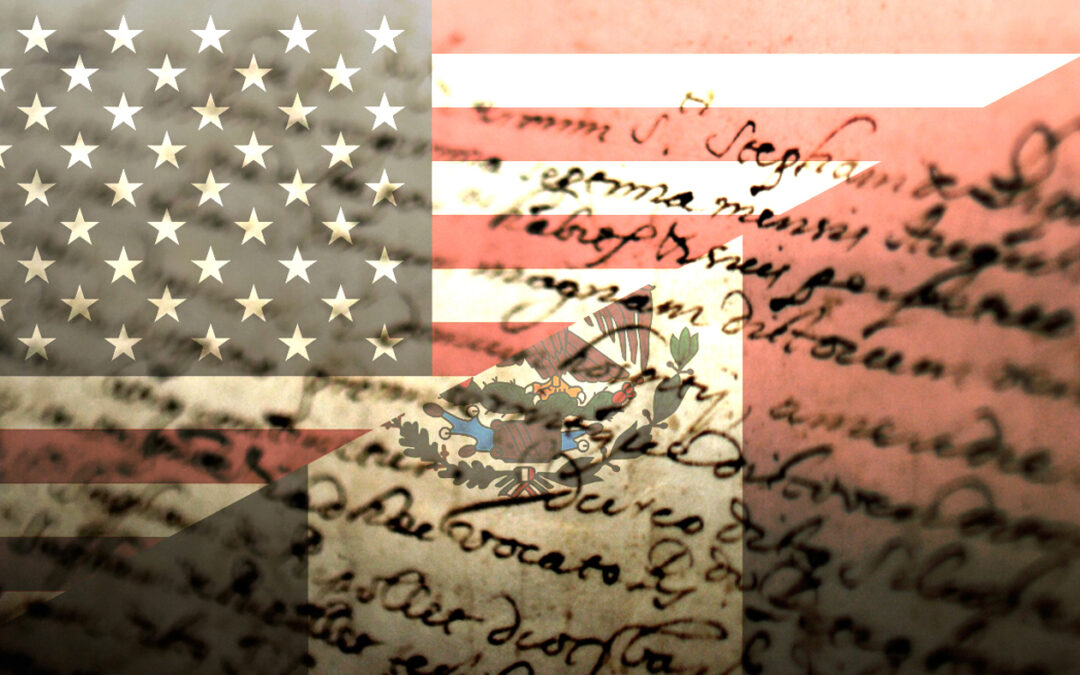
by bartmann | Apr 4, 2024
Please Note: This course is located in the Dorothy Rubel Room on the Main UA Campus NOT in Oro Valley as was originally advertised. The U.S.-Mexico borderlands have for over 400 years been the subject of numerous Spanish, Mexican, Mexican-American, Native-American,...
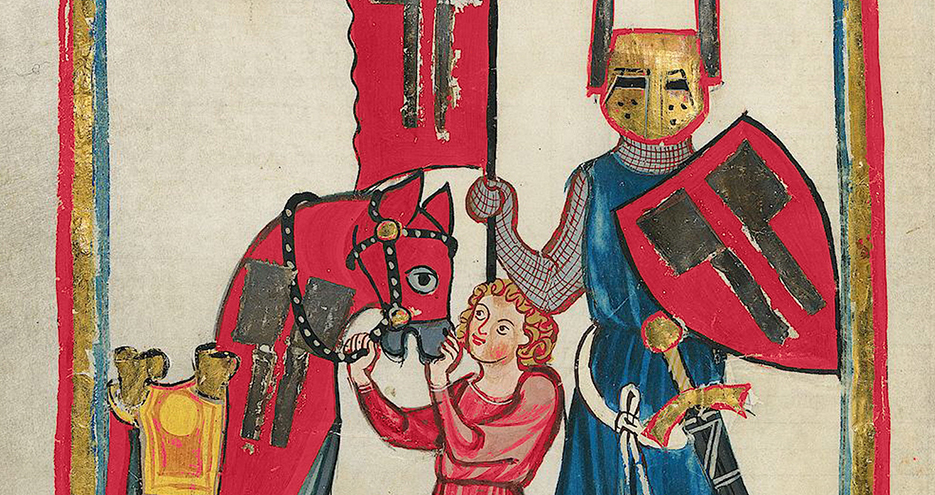
by bartmann | Apr 4, 2024
In life we search for God, spirituality, meaning, or identity. In medieval Italian literature Dante did this best in his Divina Commedia. In medieval German literature Wolfram von Eschenbach’s Parzival did the same. This course examines his monumental Grail romance...
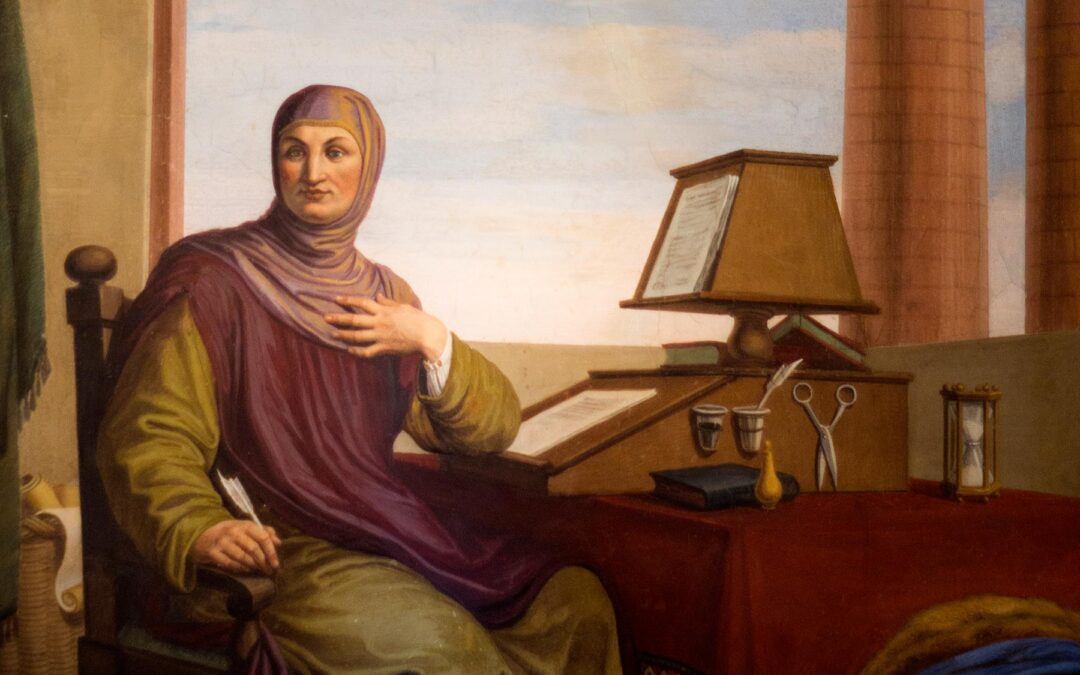
by bartmann | Apr 4, 2024
Please Note: Summer 2020 Course Registration Opens Online on Monday, May 11th at 8AM Aristotle described the human species as a “social animal,” and that designation is perhaps more relevant than ever today. As people face “stay-at-home” orders due to COVID-19,...

by bartmann | Apr 4, 2024
Please Note: Summer 2020 Course Registration Opens Online on Monday, May 11th at 8AM This seminar will study the text of Joyce’s Ulysses, one of the most technically accomplished novels. Style will therefore be an important focus. Each chapter alludes to a...
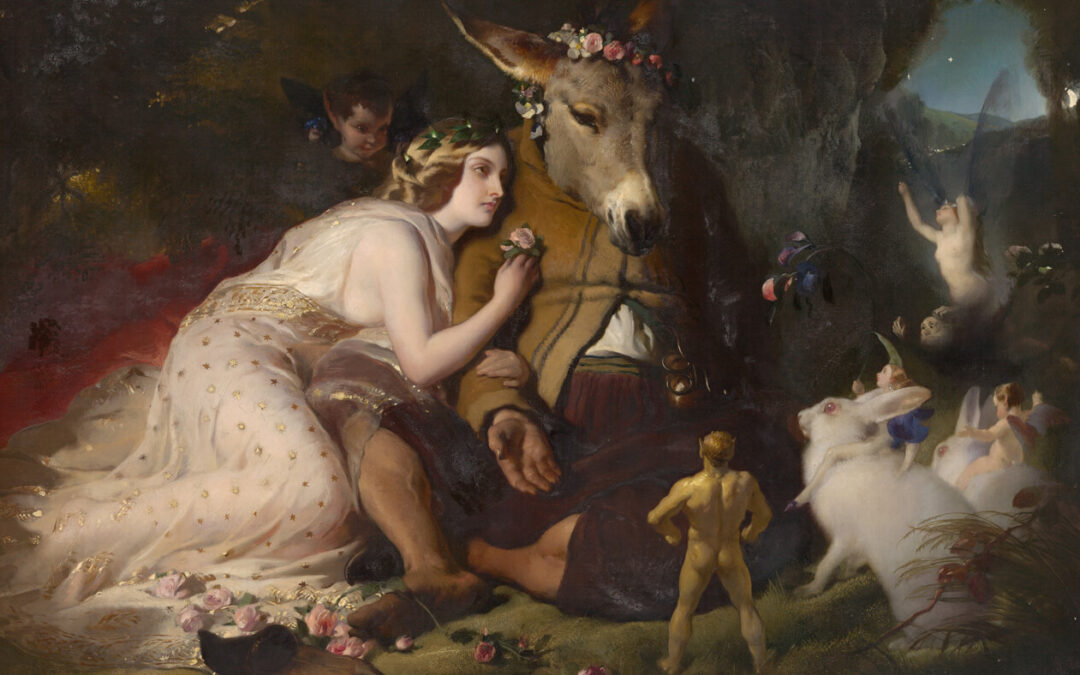
by bartmann | Apr 4, 2024
NEW! HSP Deep Dive Seminar The social, economic, religious, and political instability of the Renaissance informed some of the most brilliantly anxious literature in the history of England. As some authors strained to construct coherent identities, hierarchies, and...





















